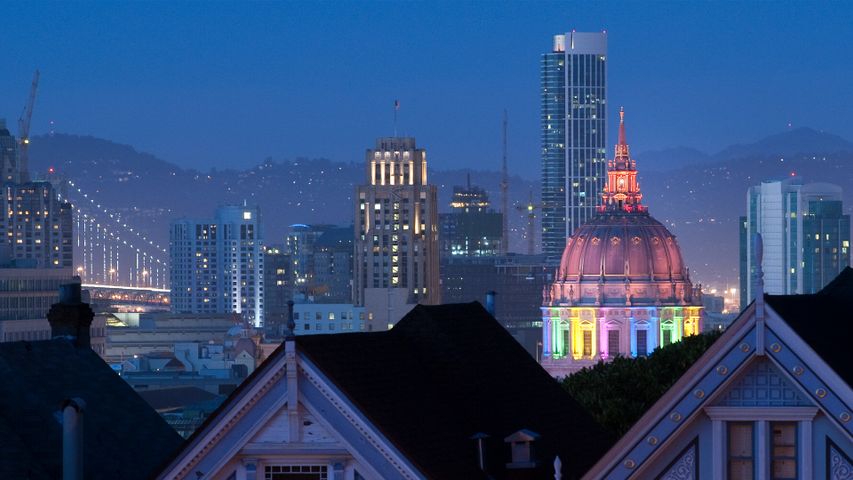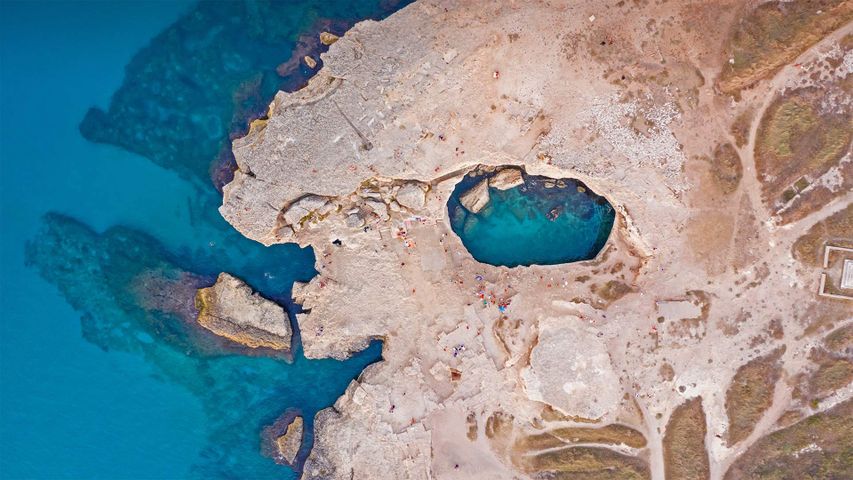Coral reef in Marovo Lagoon in the Solomon Islands
© WaterFrame/Alam
The beauty that lies below. World Reef Day
The Marovo Lagoon in the Solomon Islands is the largest saltwater lagoon in the world. Protected by a double barrier reef, it's home to unique marine life and coral, making it a bucket-list destination for divers. The beauty and diversity of life contained within its pristine, 700 square kilometres are the perfect inspiration for World Reef Day, observed every year on June 1 to bring awareness to this vital but largely unseen part of our natural world. Reef Day also kicks off World Oceans Month, a time to celebrate and learn more about these vital ecosystems.
Although coral reefs occupy less than 0.1 percent of the planet’s oceans, they support up to 25 percent of the world’s marine species. They have rightfully earned their nickname, ‘Rainforests of the Sea.’ Coral is not a plant, but part animal and part mineral, a marine invertebrate that secretes calcium carbonate to form a hard skeleton. They grow in colonies, usually in warm, shallow waters, and form vast colonies that we see as reefs, providing the basic platform for marine life to flourish around them. They even provide benefits to land, protecting shorelines from the forces of the ocean.
Unfortunately, coral reefs are under immense environmental pressure due to pollution, overfishing, and particularly from changing ocean temperatures. A warming ocean and acidification due to increased carbon dioxide have resulted in coral bleaching—when under stress, corals lose their colour. The yellow whip and red gorgonian you see here are what healthy coral look like, but vibrant, hearty coral are swiftly becoming the exception rather than the rule. Recently, even the previously robust and thriving Marovo Lagoon began showing signs of bleaching, a sobering reminder that the beauty we see here is fragile and becoming more precious.
Related Images
Bing Today Images
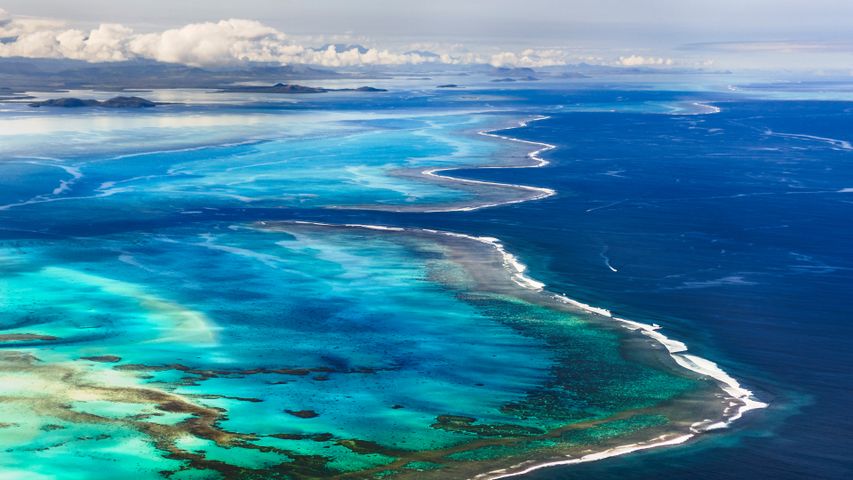
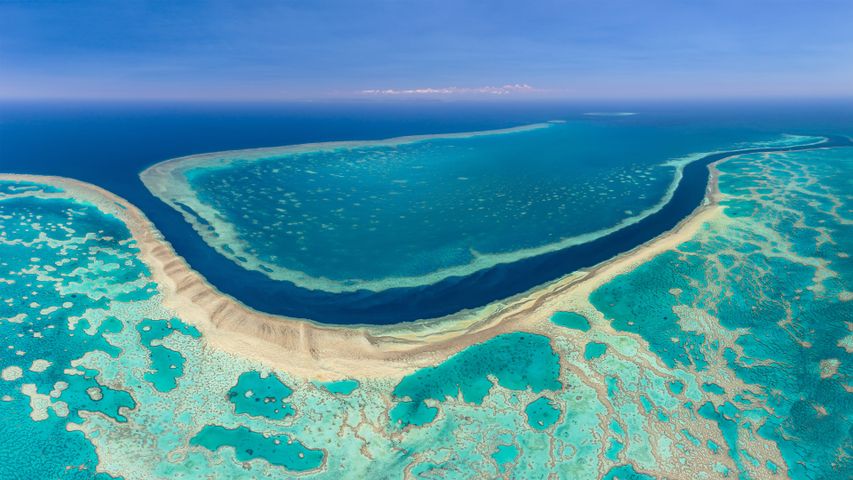
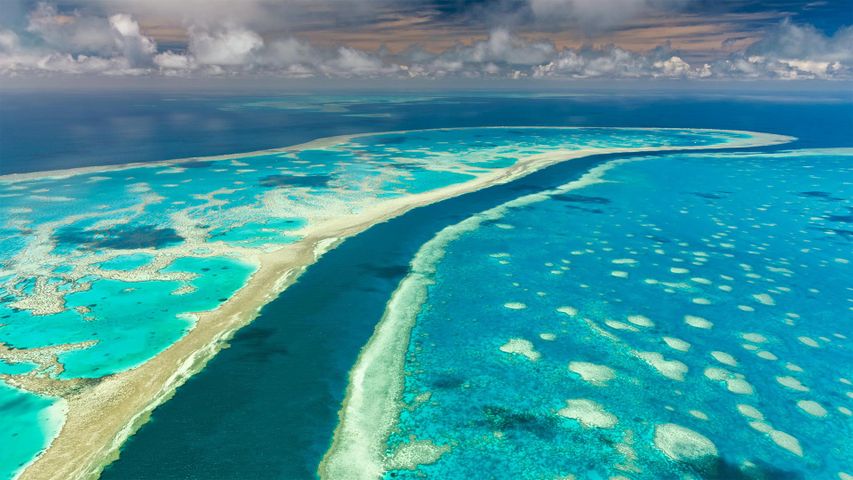

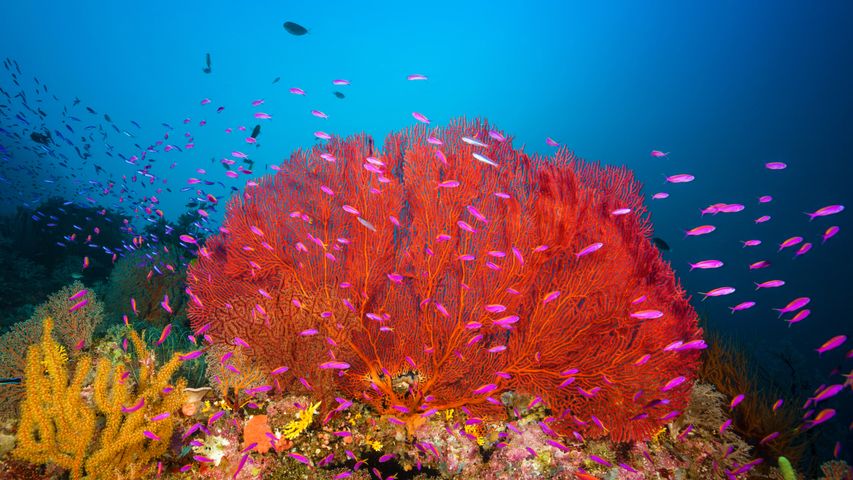
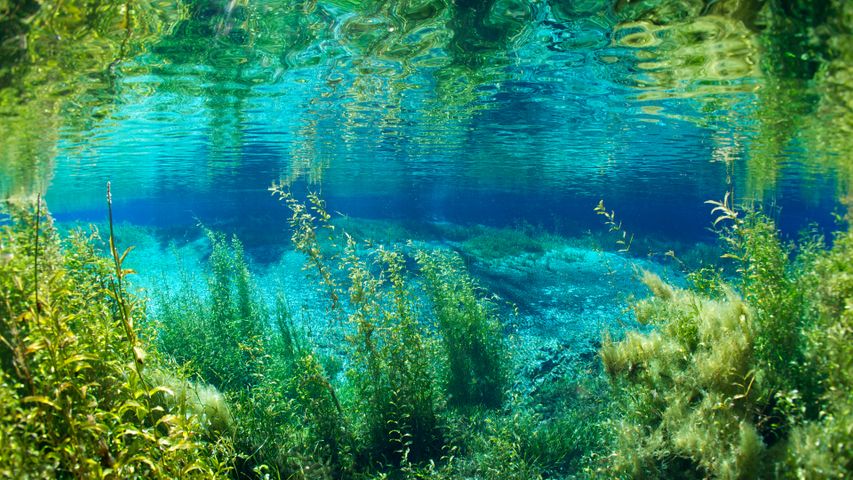 Rainbow River in Rainbow Springs State Park, Florida, United States
Rainbow River in Rainbow Springs State Park, Florida, United States
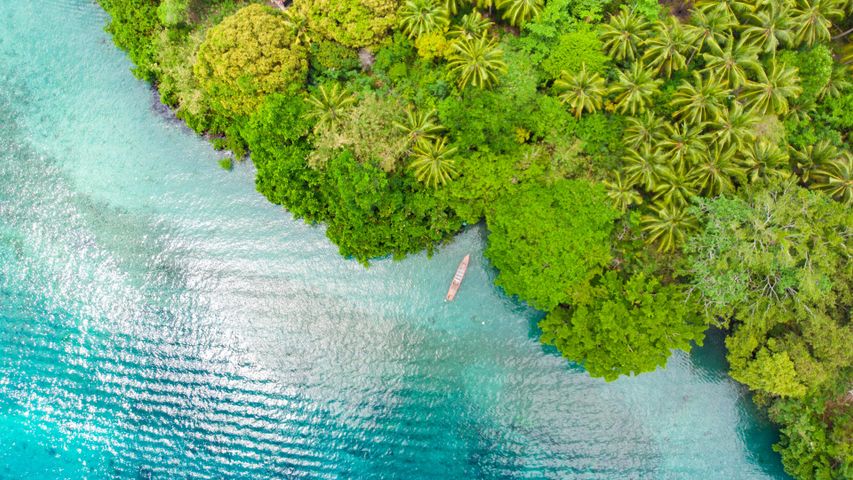 Blue lagoon of Pulau Ay, Banda Islands, Indonesia
Blue lagoon of Pulau Ay, Banda Islands, Indonesia
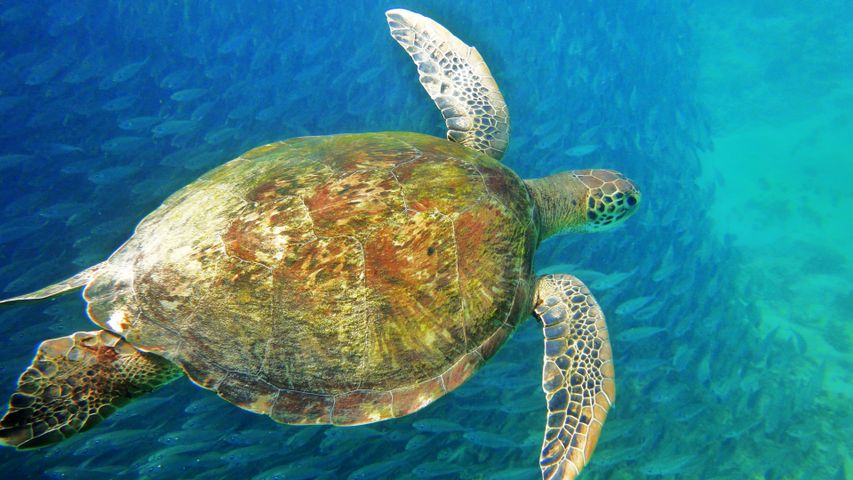 Sea turtle, Fernando de Noronha, Brazil
Sea turtle, Fernando de Noronha, Brazil
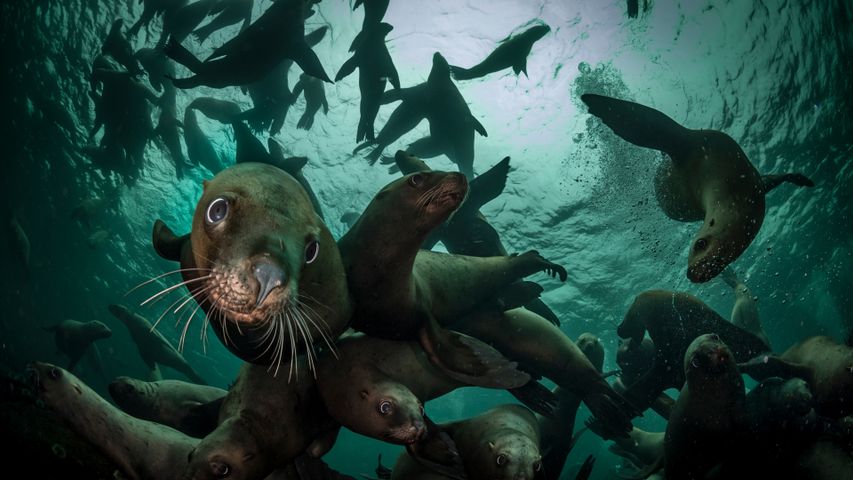 Steller sea lions, Vancouver Island, British Columbia
Steller sea lions, Vancouver Island, British Columbia
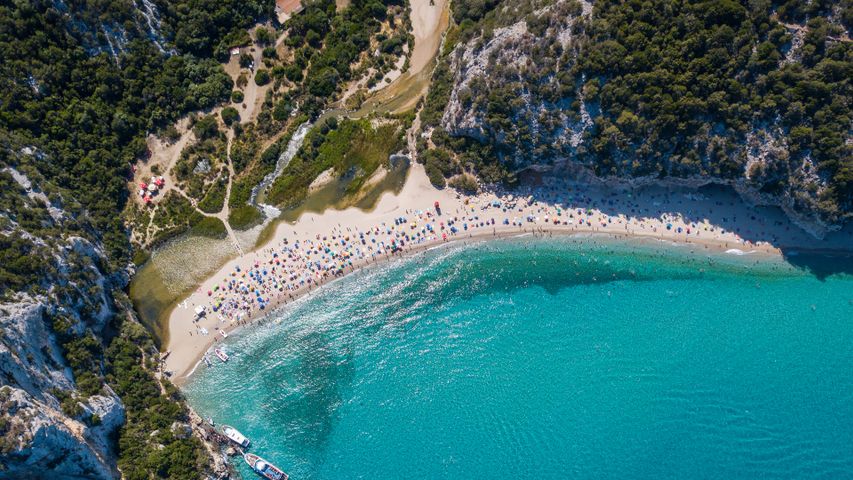 Cala Luna beach, Sardinia, Italy
Cala Luna beach, Sardinia, Italy
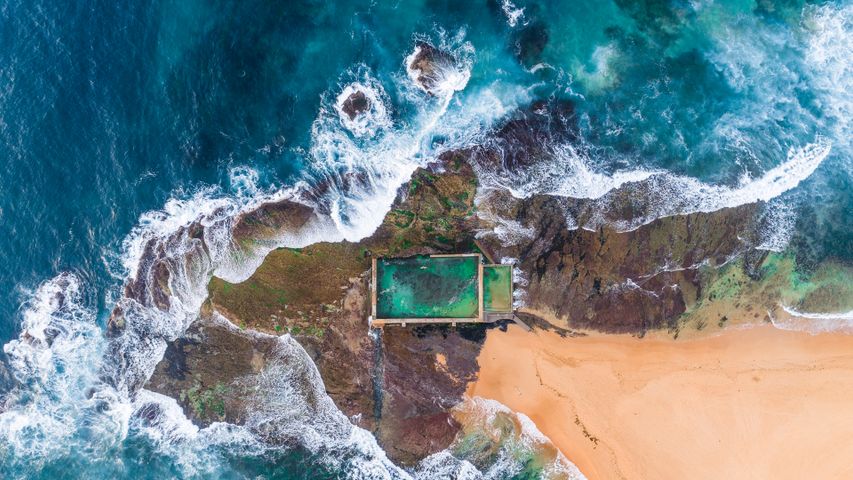 Mona Vale rockpool, Sydney, Australia
Mona Vale rockpool, Sydney, Australia
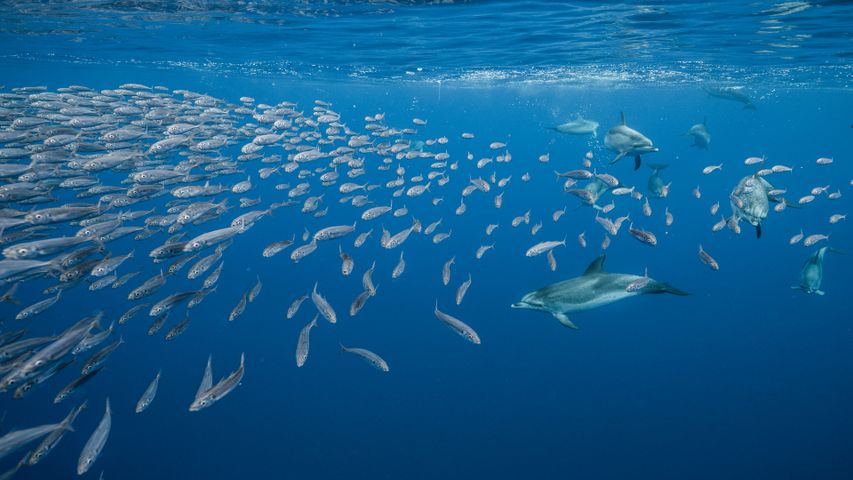 Atlantic spotted dolphins near Santa Maria Island, Azores, Portugal
Atlantic spotted dolphins near Santa Maria Island, Azores, Portugal
